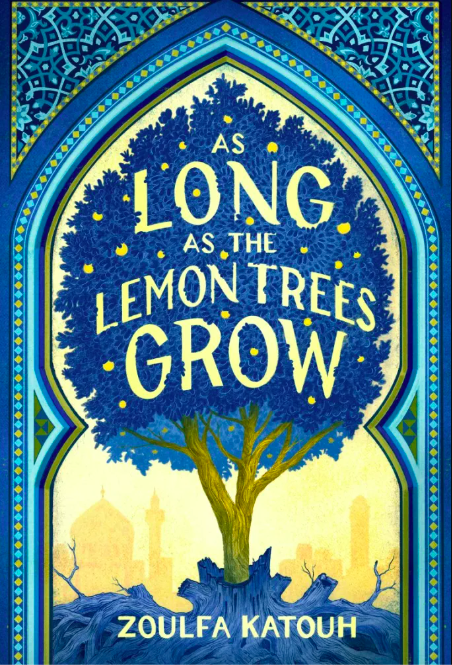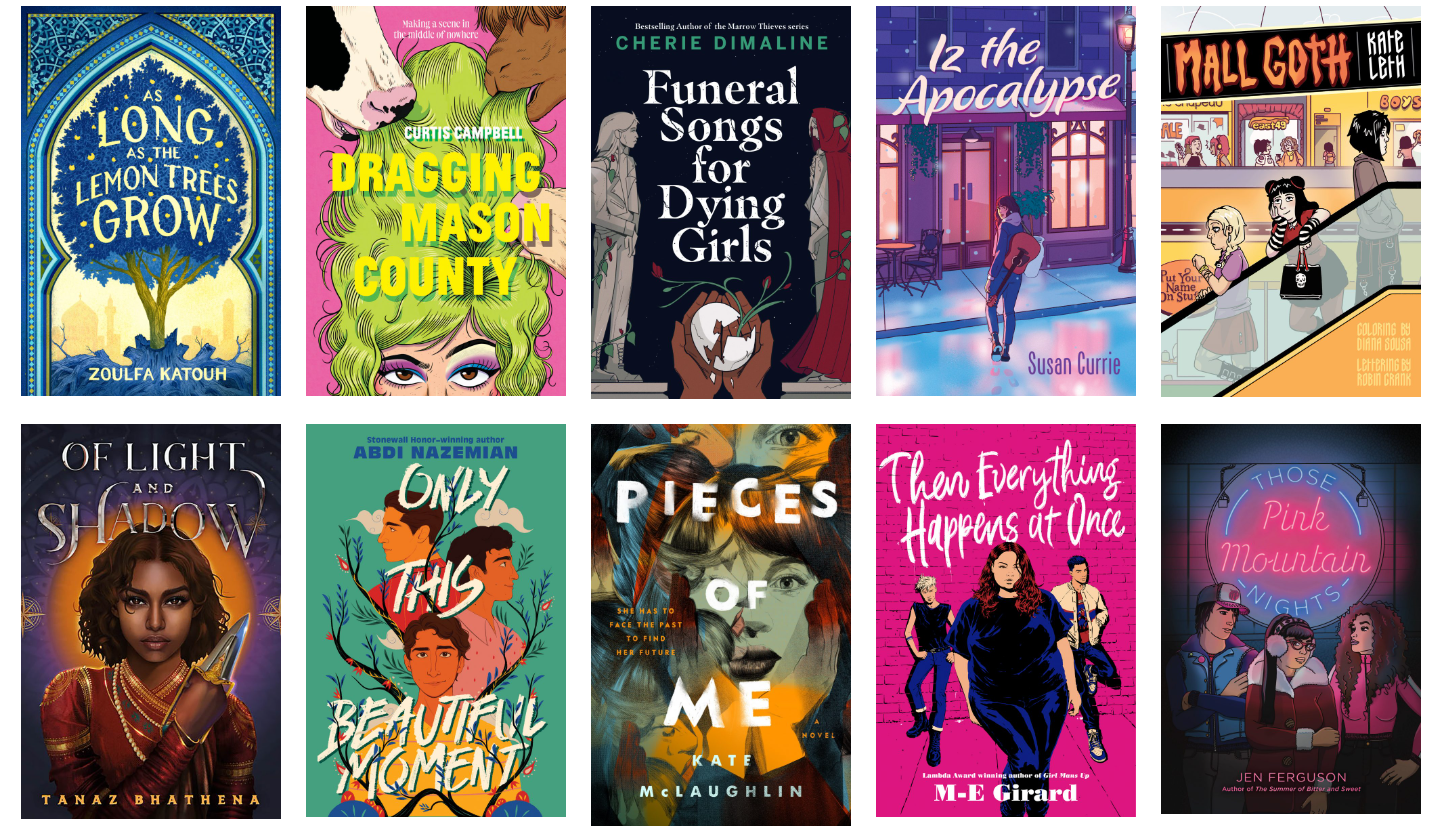The teen genre is often misunderstood. People see a teen label and they assume the book is about high school drama or puppy love. But nothing could be further from the truth. Teen reads are the voice of young people from all different places, cultures and identities. They open a window that lets the reader experience the world from a different perspective.
The White Pine category of the Forest of Reading program highlights ten titles written for a teen audience. This year’s nominees include stories that share perspectives from the Indigenous community, children in foster care, teens with mental health challenges, LGBTQ+ voices and so much more. But the one that stood out to me the most is As Long as the Lemon Trees Grow by Zoulfa Katouh.

As Long As the Lemon Trees Grow
by Zoulfa Katouh
This is a story that will stay in your heart long after you have finished the book. It follows the path of a young woman named Salama at the start of the Syrian revolution. A short time ago, Salama was a pharmacy student living with her parents, celebrating her brother’s recent marriage.
But now her village lay in ruins. Her mother is dead. Her father and brother are prisoners. The only person she has left is her brother’s wife Layla – who is seven months pregnant. She works in the hospital, having been promoted from student to medic, a reflection of the sheer number of injured civilians needing care.
Salama is haunted by the promise she made to her brother: to get Layla out of the country. There is talk of a boat that takes people across the Mediterranean Sea and to safety. But it is not that simple for Salama. If she leaves the hospital, patients will die. She will never learn the fate of her father. And there are no guarantees. They could be killed by the military. They could drown at sea.
This terrible decision weighs down on Salama until her mental health begins to crack. Strong as she is, she can’t hide from all her trauma.
The magic of this story is that as much as there is tragedy, there is also beauty. The hope that still lives in the hearts of the people, the determination of the hospital workers and the fact that despite all the horror, Salama is still able to love.
Perhaps the most powerful part of the book is in the author’s note which explains how Zoulfa Katouh set out not to simply write about the revolution, but the human emotions surrounding the revolution. Indeed, she created a story that is not a political point-of-view but about the resilience of the heart.
View Book
